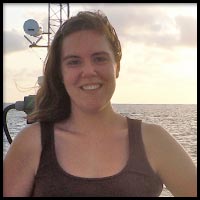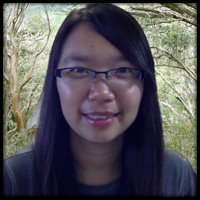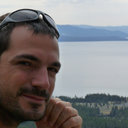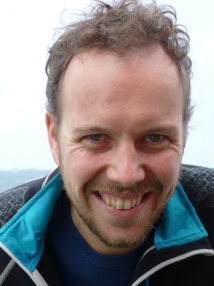Prof. Lisa Beal
Professor
Lisa Beal is a Professor of Oceanography in the Ocean Sciences department at the University of Miami’s Rosenstiel School of Marine, Atmospheric, and Earth Science. She is an expert on the Agulhas System of currents off South Africa and has brought recognition to the key role this System plays in a warming climate through her publications and international leadership.
Beal teaches courses on Physical Oceanography and on Climate Change. She advises graduate students and postdoctoral scientists in both the Ocean Sciences and the Meteorology and Physical Oceanography programs, conducting research using observing and modelling tools.
In addition to her research, Beal is involved in community work to increase the engagement, recruitment, and retention of women and minorities in oceanography. She also works to advance resources and capacity for ocean sciences in southern Africa, where she teaches periodically in the Honors program at the University of Cape Town and has formed local partnerships to develop sustained observations of the Agulhas System.
Website
MPO 503: Intro to Physical Oceanography
Dr. Guillaume Novelli
Associate Scientist
I study transport processes in the oceans and the ocean's role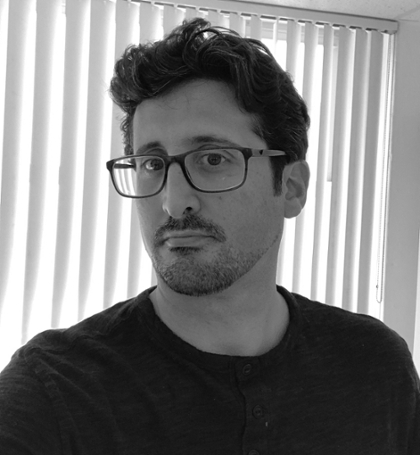 in climate with a combination of numerical models, laboratory experiments, field observations, and remote sensing data analysis. My work is multidisciplinary and always part of a larger team effort. I help design experiments, carry them out, and analyse the data.
in climate with a combination of numerical models, laboratory experiments, field observations, and remote sensing data analysis. My work is multidisciplinary and always part of a larger team effort. I help design experiments, carry them out, and analyse the data.
During my PhD, I was involved in developing and running computational models to simulate the drift of oil spills at sea.
Later in my post-doc years, I started going at sea to deploy instruments in coordinated campaigns and I fell in love with field work. I also worked extensively in different wave tank facilities such as SUSTAIN and OHMSETT, where I helped design a variety of instruments and vehicles (e.g. CARTHE drifter, underwater oil droplet imager, ROV Kite).
I measure ocean dynamics with drifting instruments (surface drifters, ARGO floats), towed instruments, unmanned autonomous platforms, and moored instruments.
Paloma Cartwright
PhD Student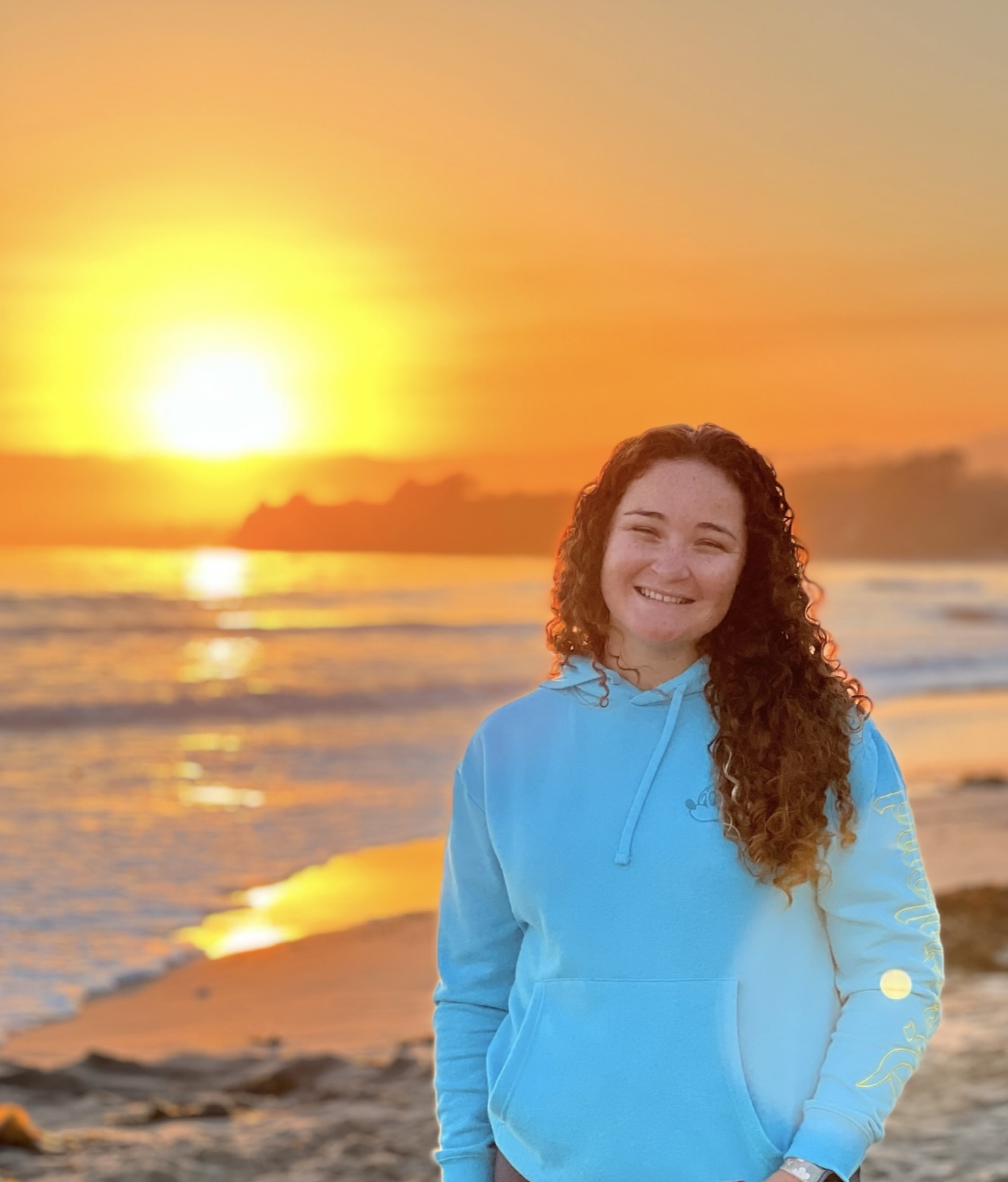
Paloma is a PhD Student in the Beal Lab studying Ocean Sciences. She works on the FlOrida CUrrent and Sea level (FOCUS) project which monitors how the changing dynamics of the Florida Current impact Sea Level Rise on the US East Coast and in The Bahamas. This project will provide a near continuous 5-year record of the Florida Current transport with instrumentation across the straits that will allow for a better understanding of the relationship between Gulf Stream transport and sea level.
Beyond her research, Paloma contributes to the campus community through various leadership roles, including positions with the Marine Science Graduate Student Organization (MSGSO) as Multicultural Chair and Chair of Seeking Equity and Success (SEAS), championing Diversity, Equity and Inclusion initiatives on campus.
Outside of campus, you can often find Paloma reading a book on the beach or baking sweet treats.
Rachel Sampson
PhD Student
I am a PhD student researching the interocean fluxes between the Indian ocean and the Atlantic Ocean in the Cape Basin region off the coast of South Africa. Using these heat and salt fluxes, we plan to estimate Agulhas leakage and its variability over time and space. Outside of my research, I love going to the beach, kayaking in the bay, and reading a good book (or two).
Dr. Rachel Bramblett
Post-Doc 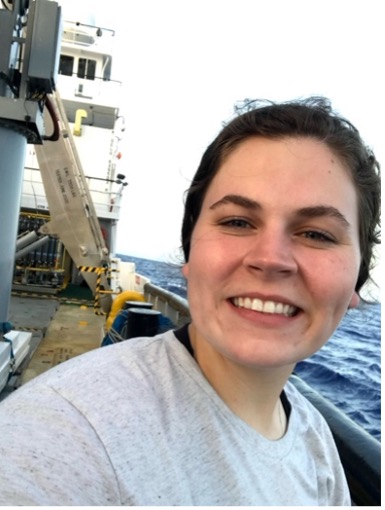
I am a postdoctoral associate studying the biogeochemical properties of the Gulf Stream in connection with the current’s effects on the North Atlantic carbon sink. This work is a part of the joint US-UK C-Streams project utilizing in-situ mooring measurements and circulation modeling to understand the Gulf Stream property fluxes and mechanisms and their downstream evolution as this western boundary current feeds into the North Atlantic Ocean. My role in this project centers around using the in-field measurements of the Gulf Stream source water to estimate carbon and nutrient transports and identify factors that drive their variability.
Previously, my research experience focused on air-sea interactions during my PhD in chemistry at the University of Georgia in 2024. Through both laboratory and field studies, I investigated the composition and climate-relevant properties of surface active organic molecules in seawater and sea spray aerosol particles. My current overarching research interests are focused on using in-situ chemical measurements to better understand the properties, variability, and climate response of earth’s oceans. I have a strong passion for field work and mentorship, both in which I always enjoy working alongside people who have unique backgrounds and experience.
contact information:
rachel.bramblett@miami.edu
www.linkedin.com/in/rachel-bramblett
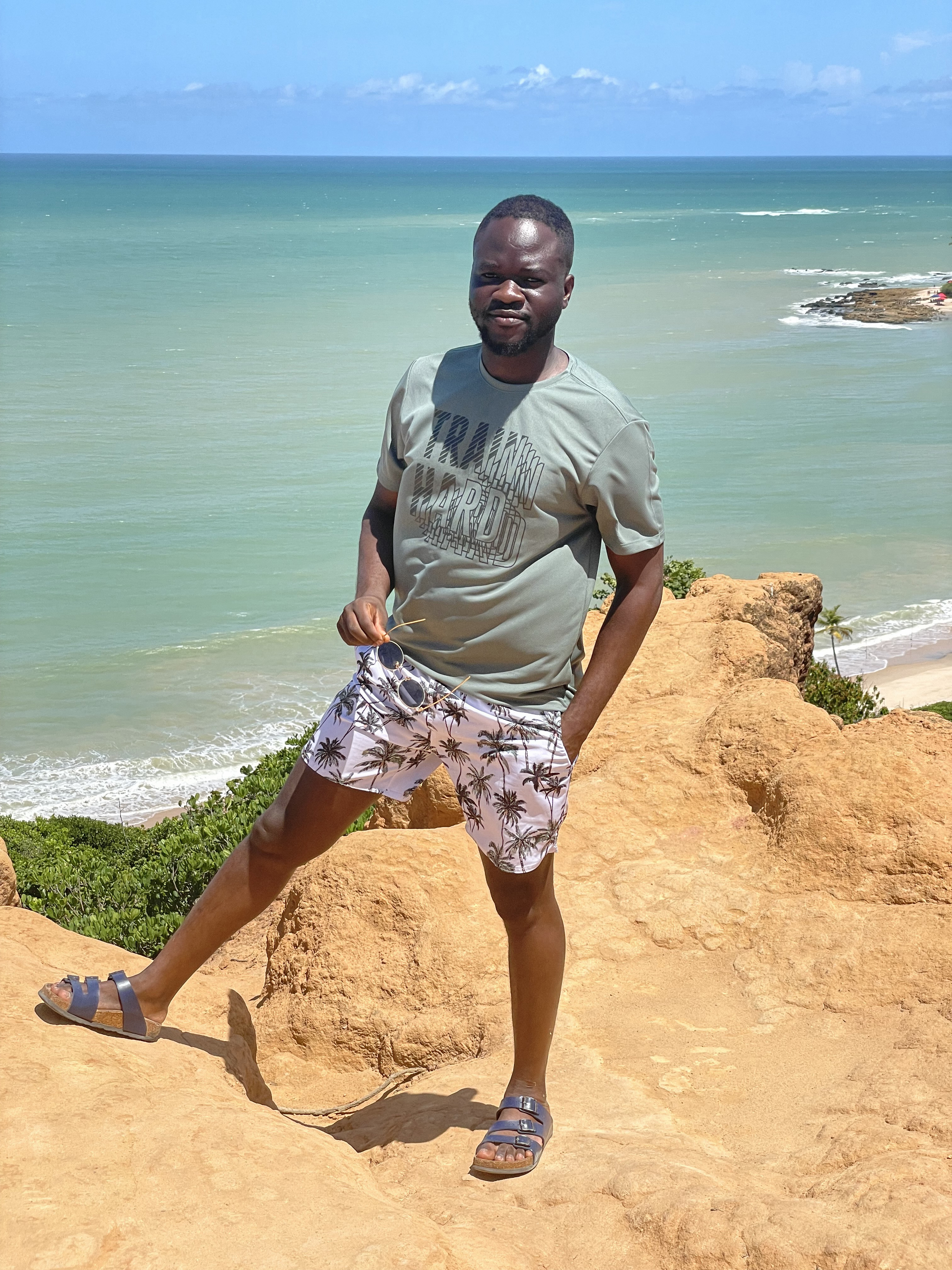
Dr. Nathanael Dossa
Post-Doc
I am a Postdoctoral Associate on the NSF QUICCHE Project. With a keen background in near-surface western boundary dynamics of the Tropical Atlantic, I am interested in understanding the sub-mesoscale processes in the ocean. Using SWOT and traditional altimetric data, alongside with in situ observations from moorings, floats, drifters, and the WireFlyer, I am exploring Agulhas leakage and the resulting stirring and mixing of Indian and Atlantic waters in the Cape Basin, with a focus on sub-mesoscale dynamics.
Last Updated in Oct 2024



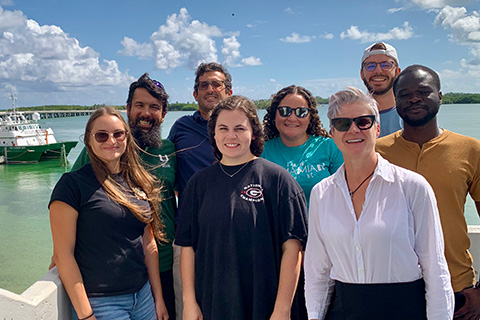
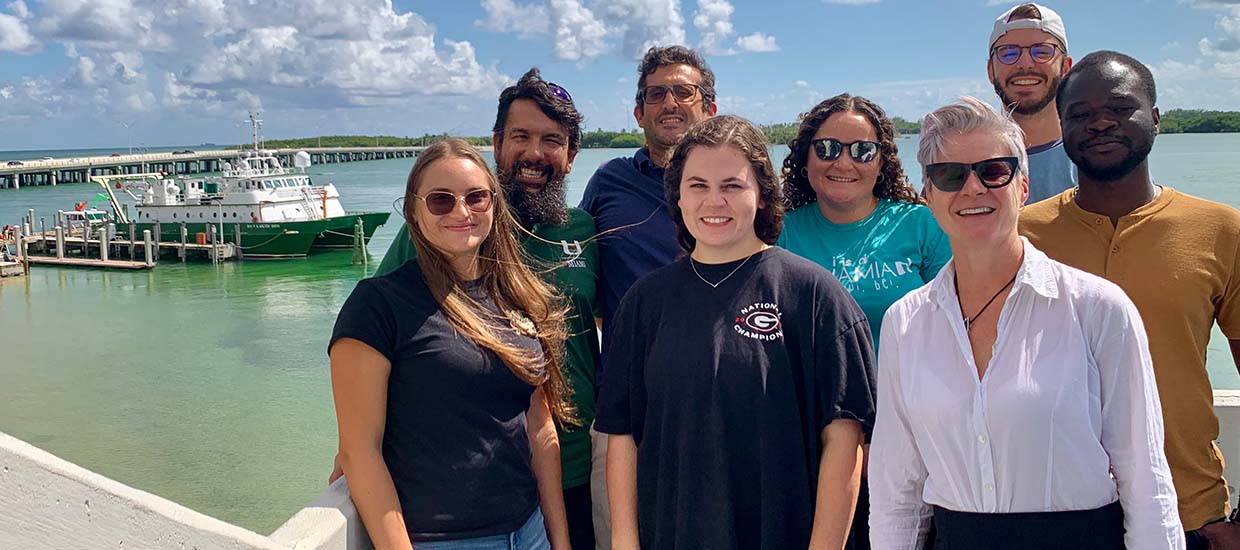
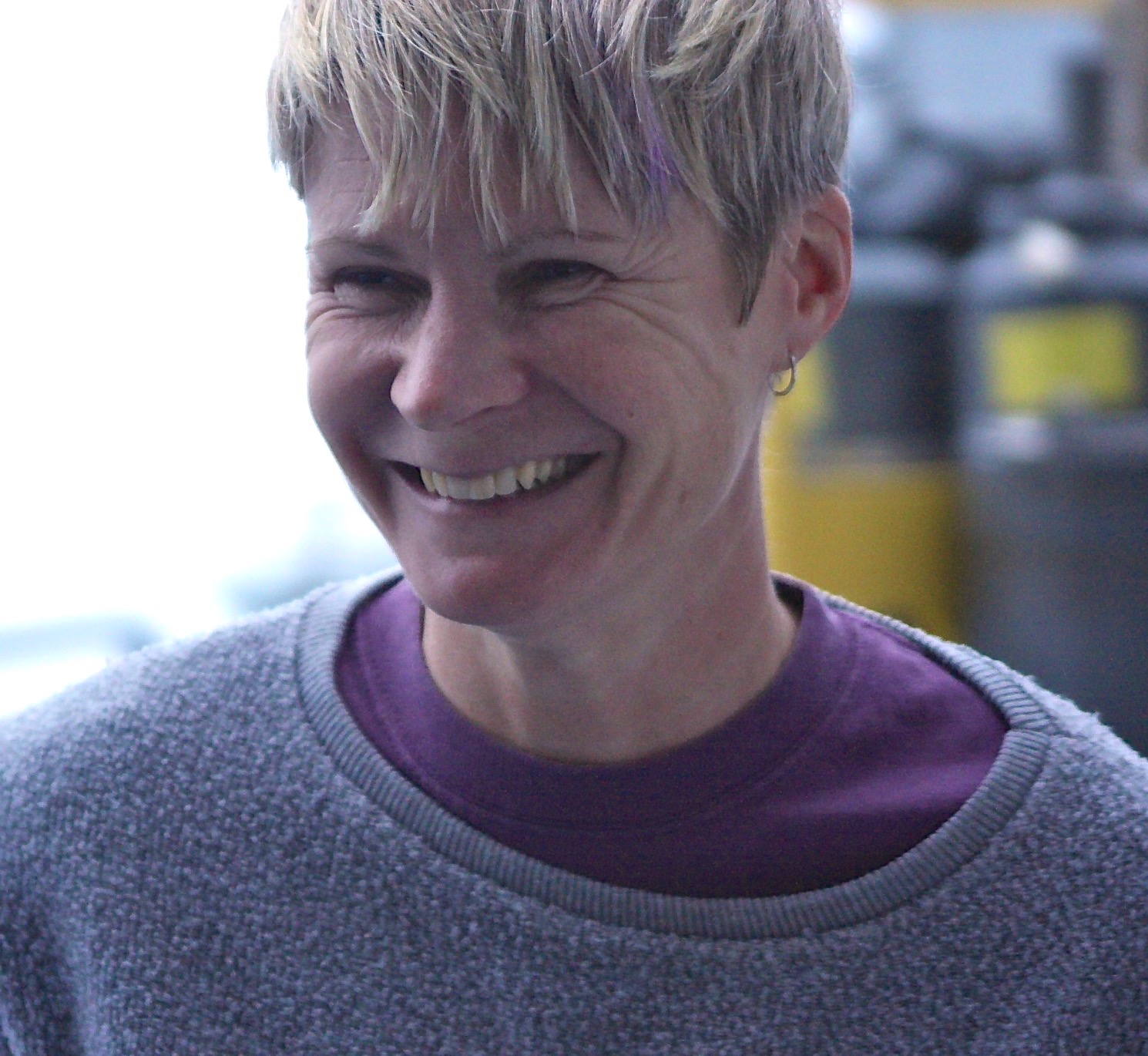


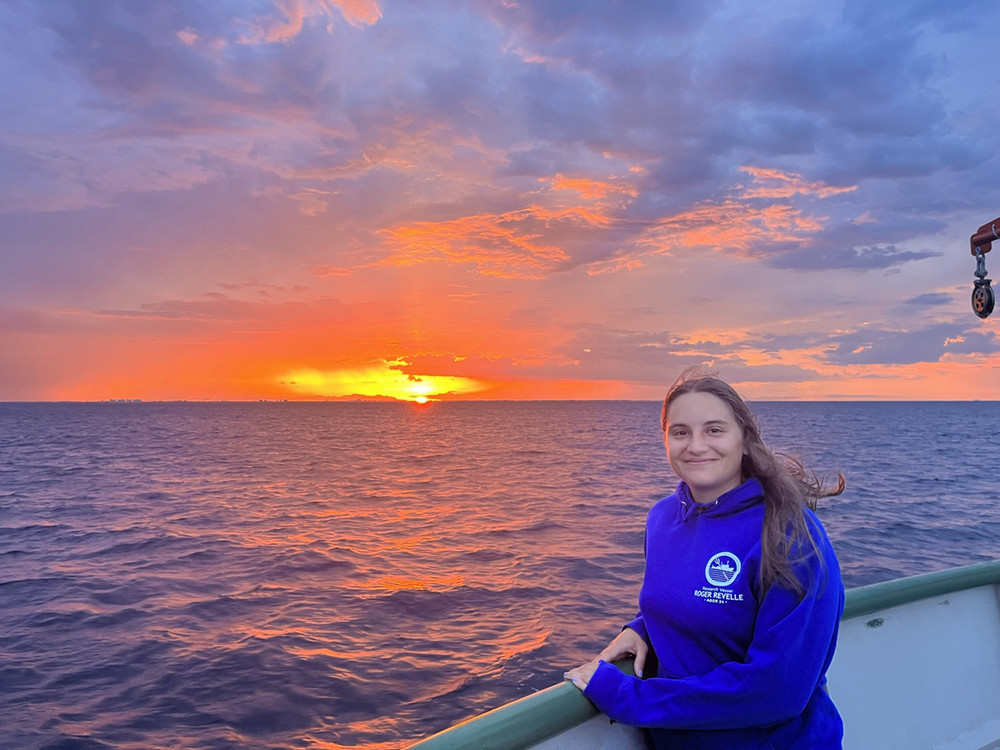


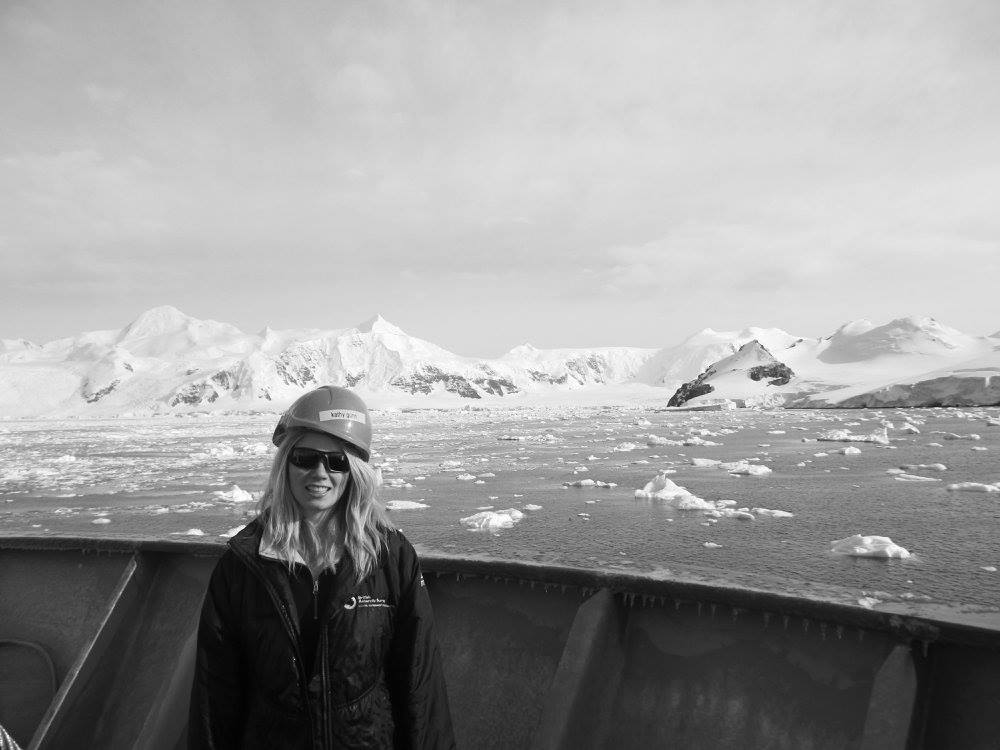

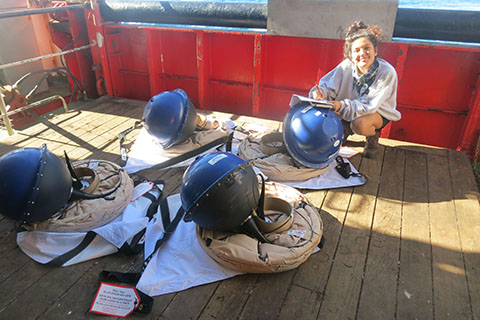
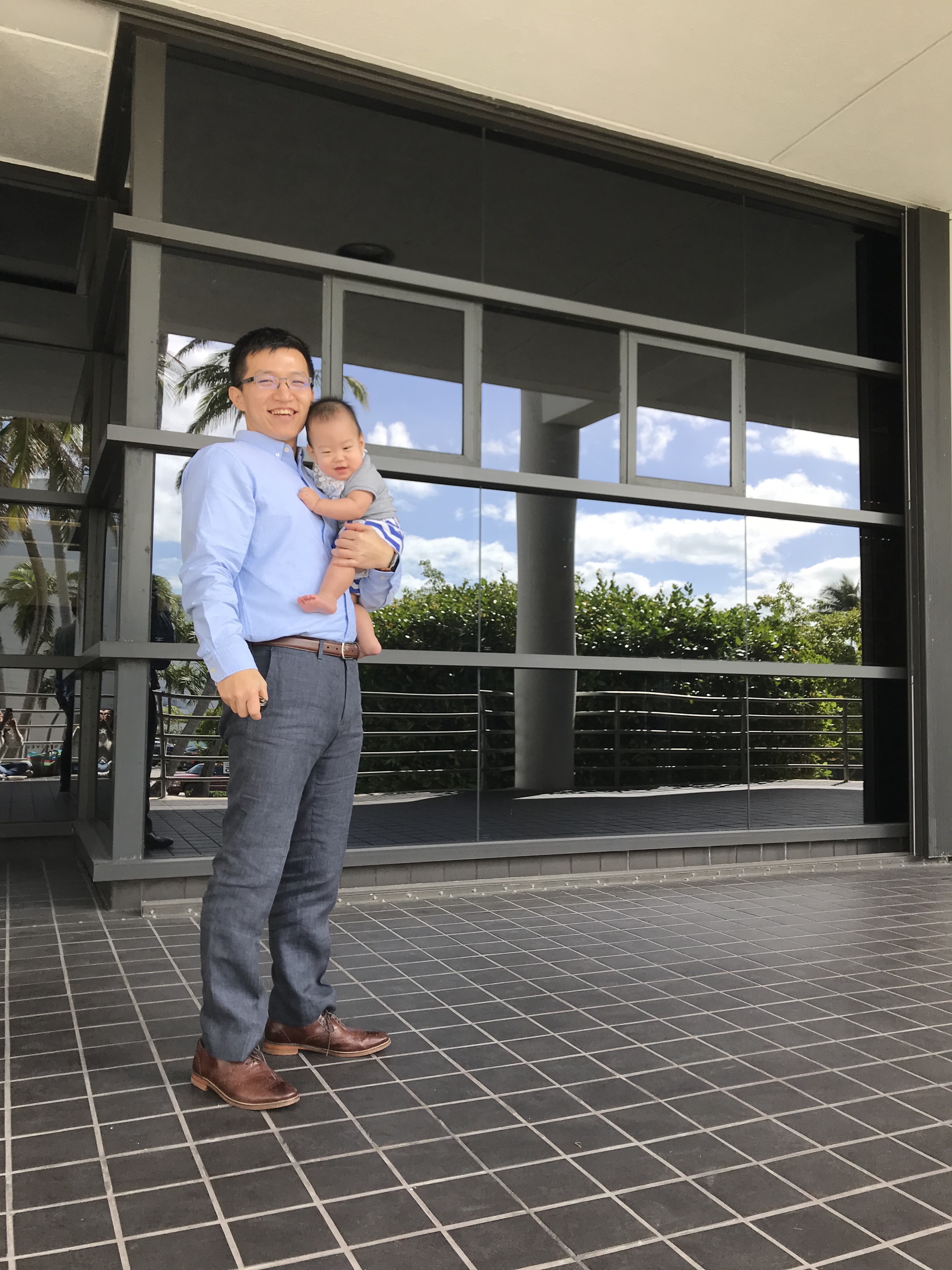
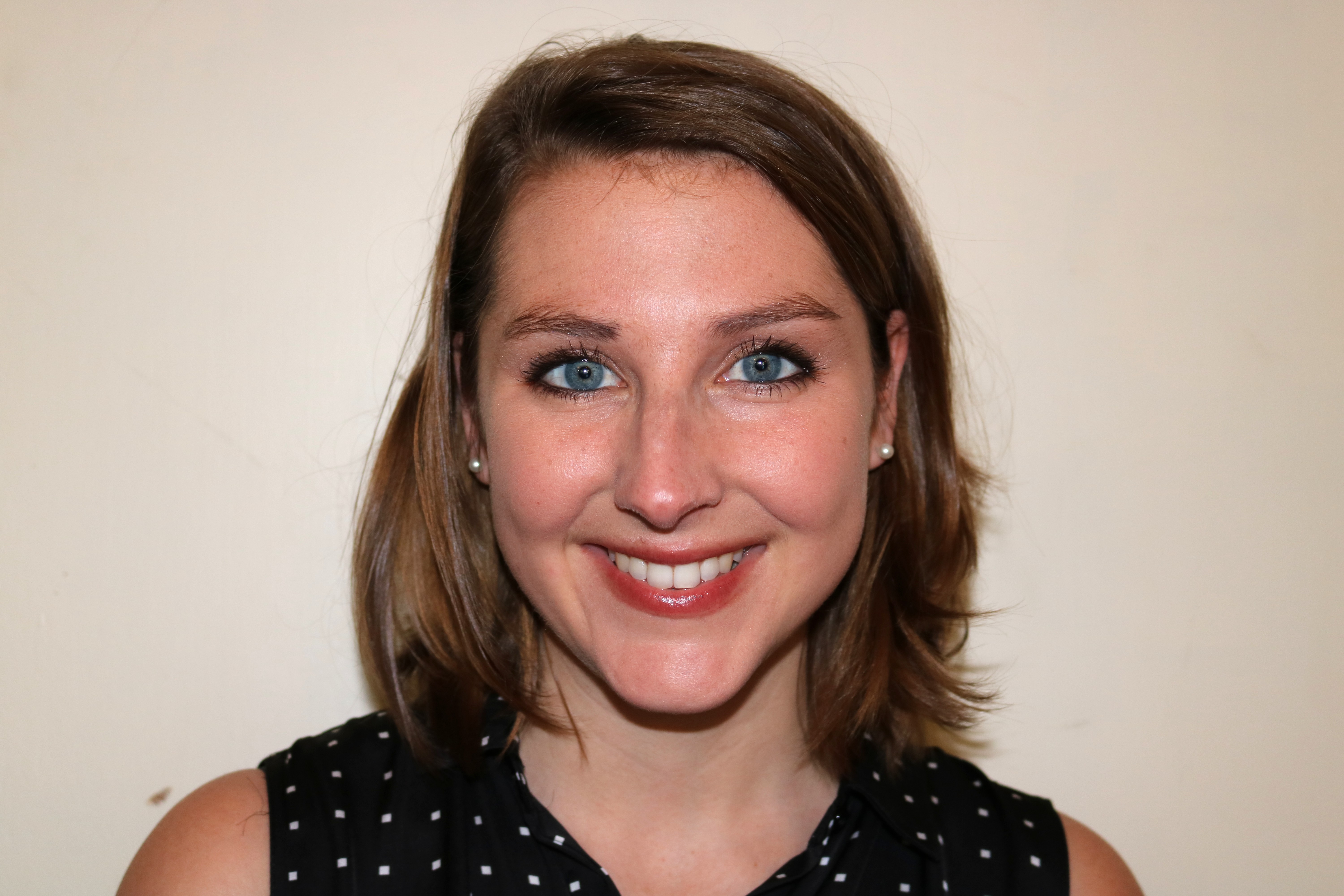 Now a postdoc at LOCEAN in Paris, France.
Now a postdoc at LOCEAN in Paris, France. 